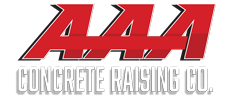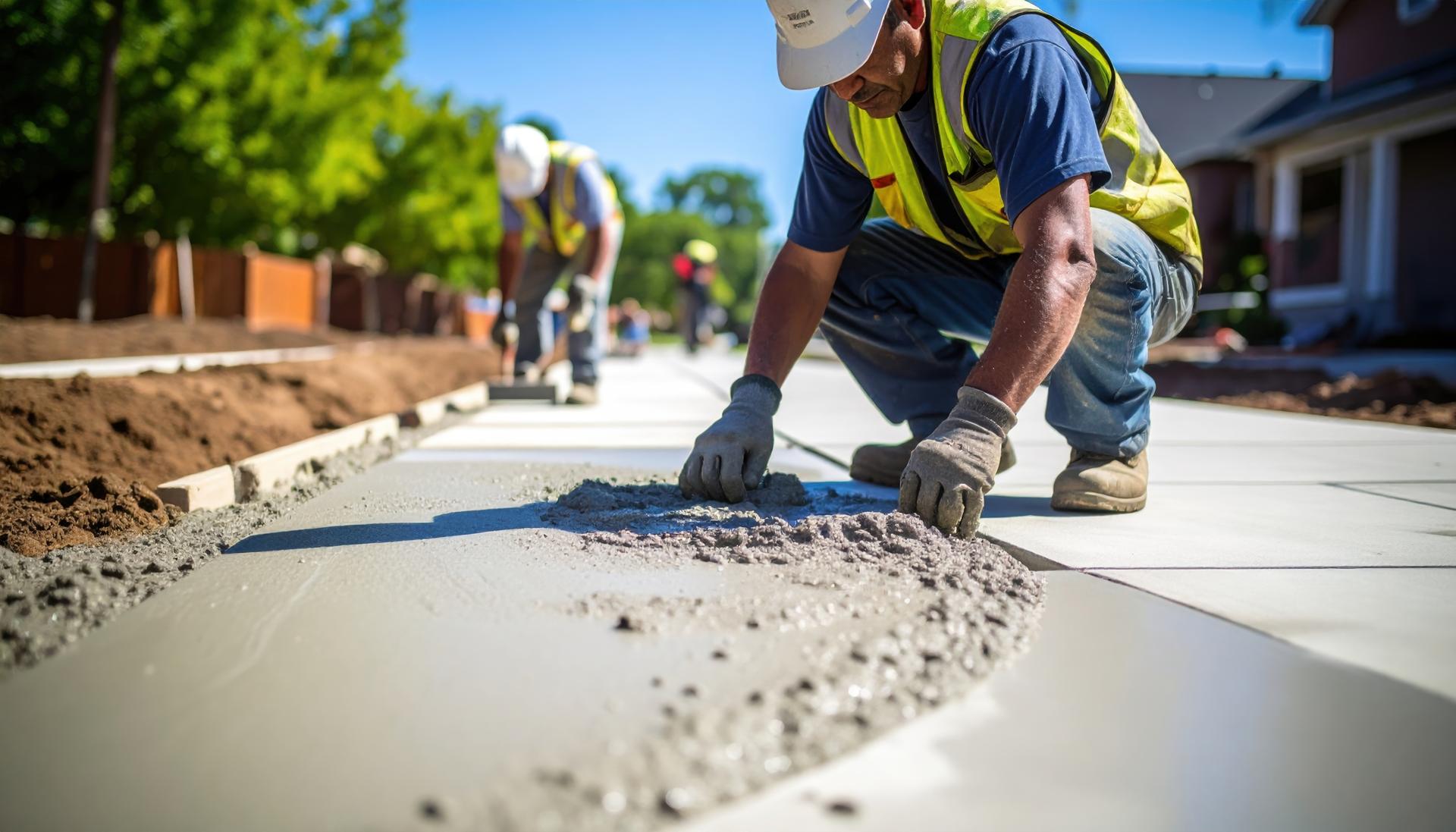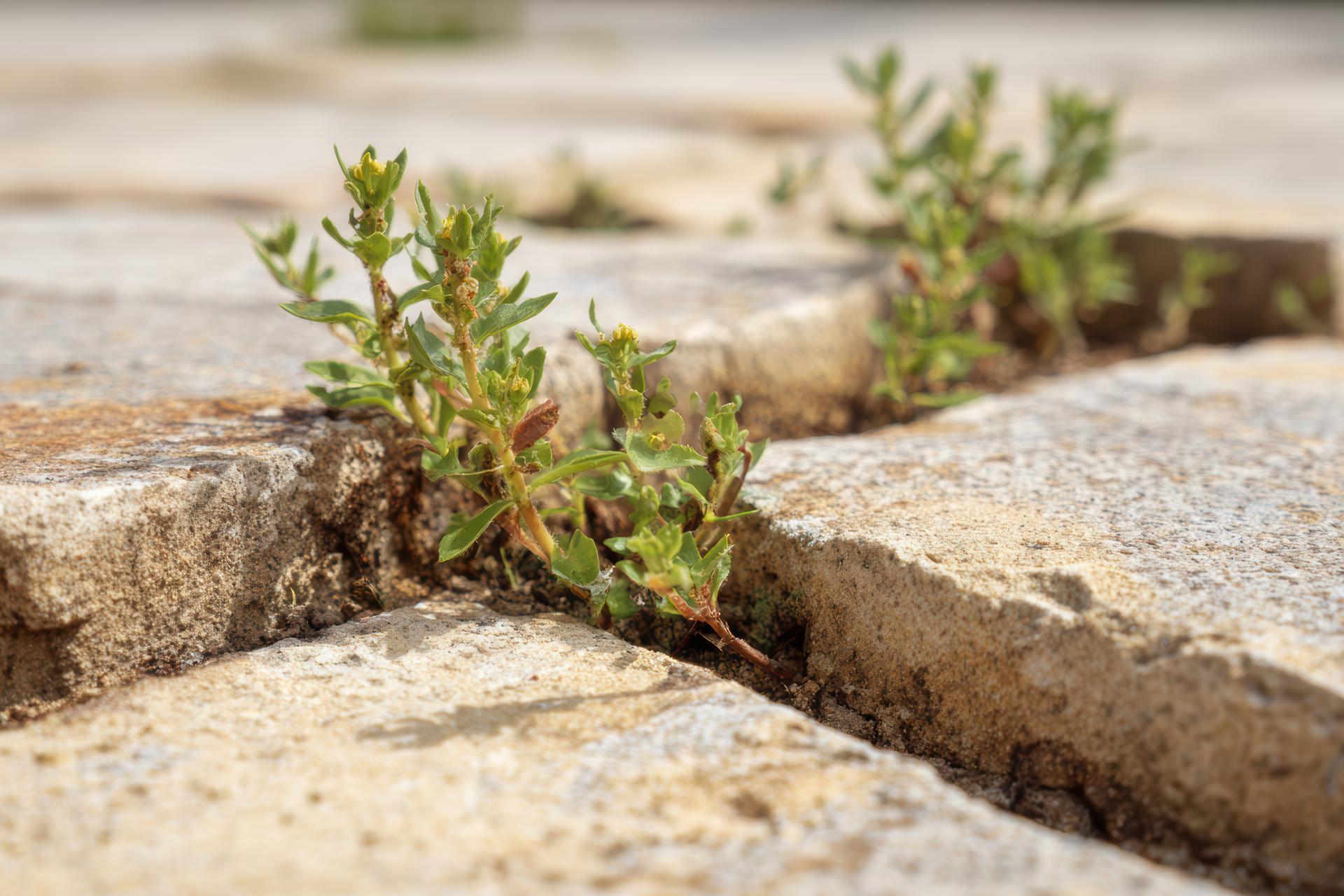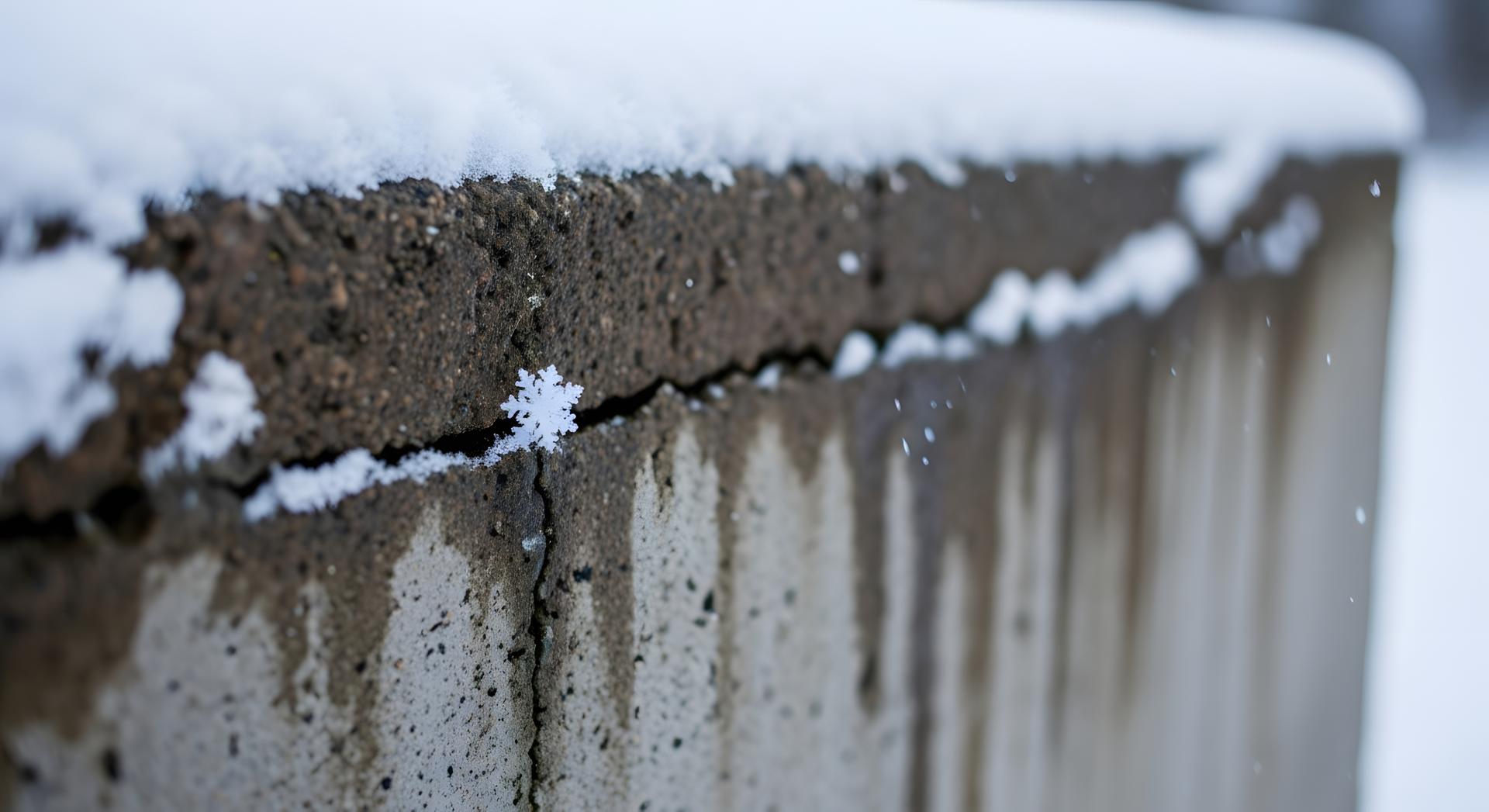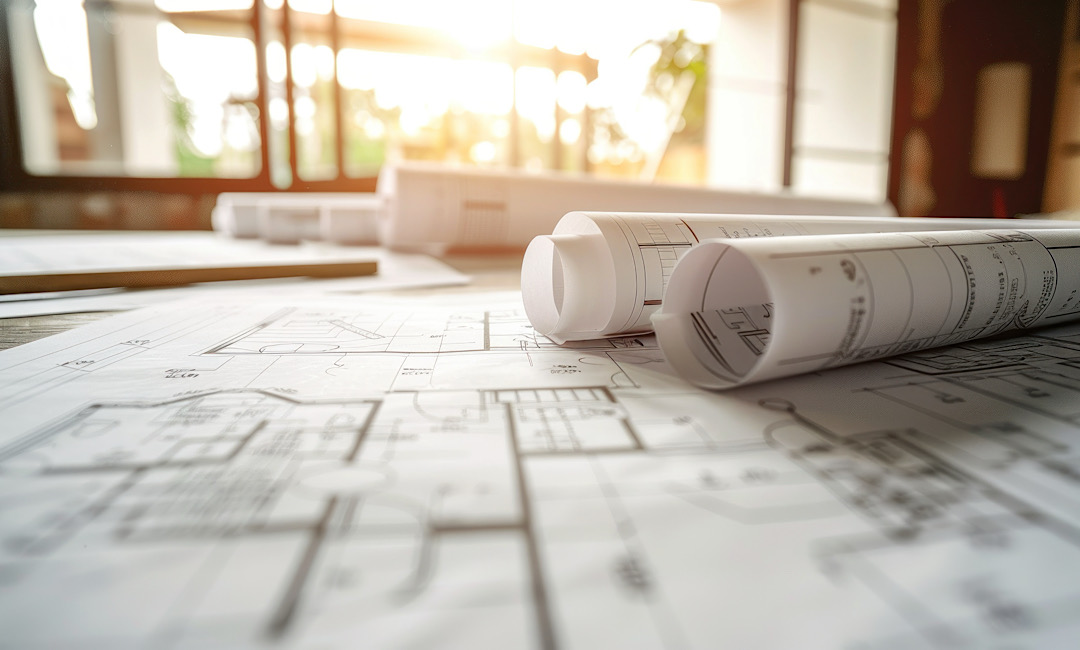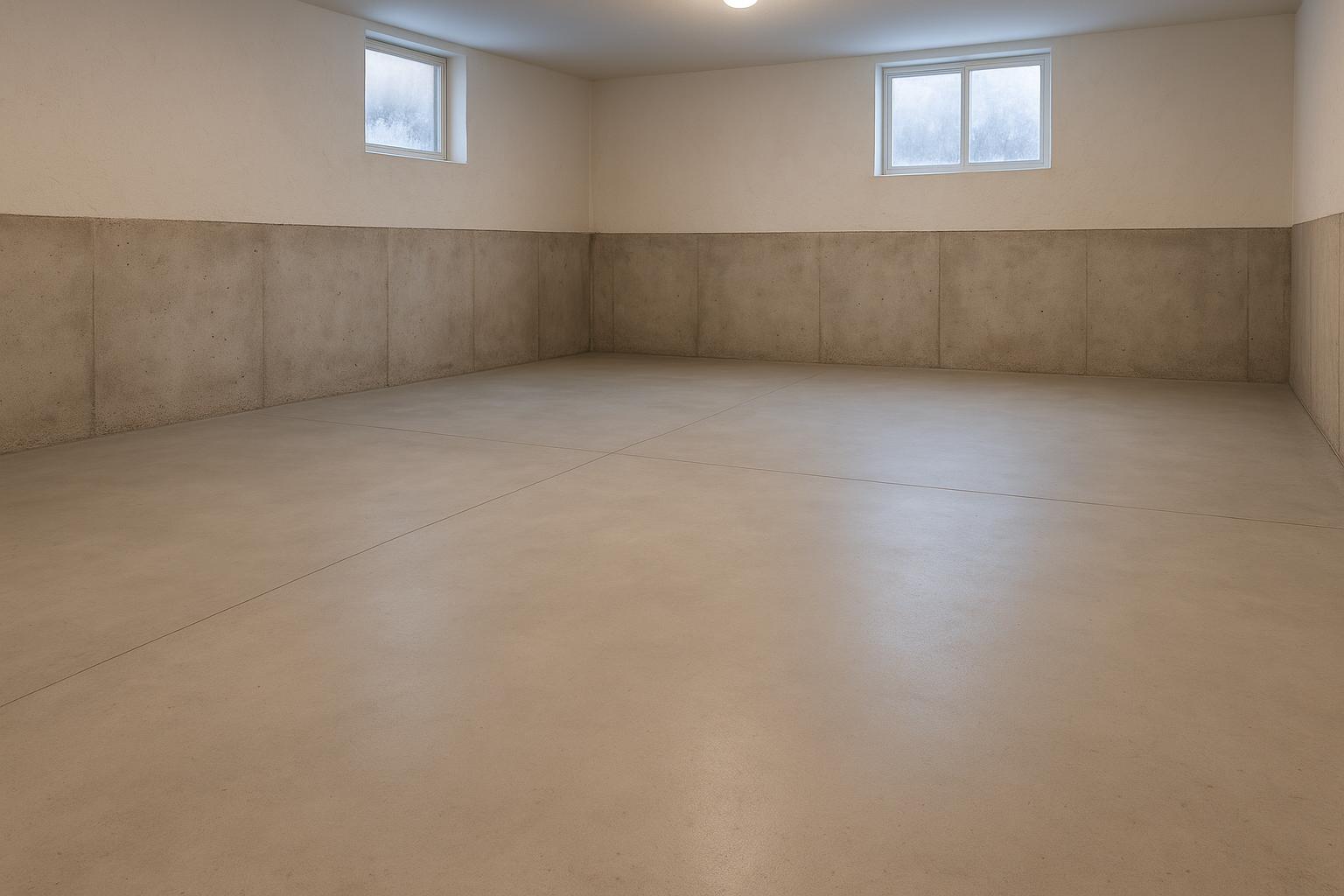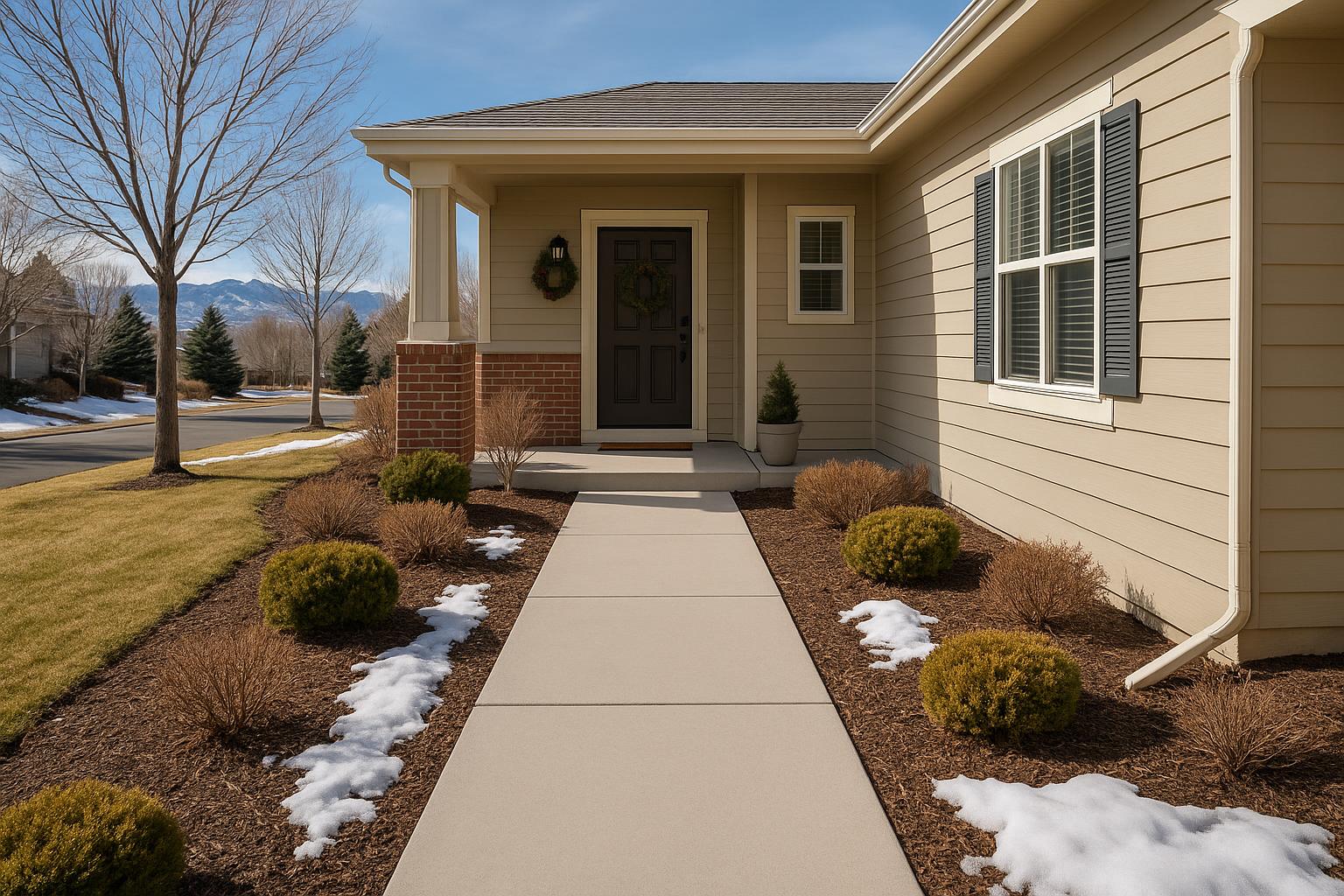Do You Have A Concrete Project We Can Help With?
Your Guide to Concrete Leveling Costs in Denver
Navigation ▼ Budgeting for a Smart, Lasting Repair to Your Sunken Concrete Budgeting for a Smart, Lasting Repair to Your Sunken Concrete Sunken or uneven concrete is more than just an eyesore; it's a tripping hazard and can lead to
Uneven Sidewalks in Denver? Your Guide to Trip Hazard Liability and Repair
Protect Your Property and Pedestrians A sunken or cracked sidewalk isn't just an eyesore—it's a significant safety issue and a potential legal liability for homeowners in Denver. An uneven walkway can lead to falls and injuries, and understanding your responsibility
How the Freeze-Thaw Cycle Damages Denver Concrete & How to Fix It
Navigation ▼ The Unseen Force Cracking Your Concrete The Unseen Force Cracking Your Concrete As a homeowner in Denver, you take pride in your property's appearance and safety. Yet, you may have noticed unsettling changes over the years: a once-perfect
Planning 2026 Outdoor Renovations: Why Leveling Concrete Should Be on Your To-Do List
The Foundation of a Flawless Renovation As you begin to dream up and plan your 2026 home and outdoor renovations, your mind likely fills with images of stylish new patio furniture, elegant walkways, or a pristine, updated driveway. While these
Winter-Proofing Your Basement Floor: Mudjacking Strategies to Prevent Cracking
Secure Your Denver Home's Foundation Before the Freeze Arrives As a homeowner in Denver, you know that winter brings more than just snow and cold temperatures. The freeze-thaw cycles unique to our climate exert immense pressure on your home's foundation
Holiday-Ready Entryways: Leveling Tips for Patios and Walkways Before Guests Arrive
Create a Safe & Welcoming Entrance for Your Holiday Guests in Denver The holiday season in Denver is a special time, filled with the promise of festive gatherings and visits from loved ones. As you prepare your home, don't overlook
